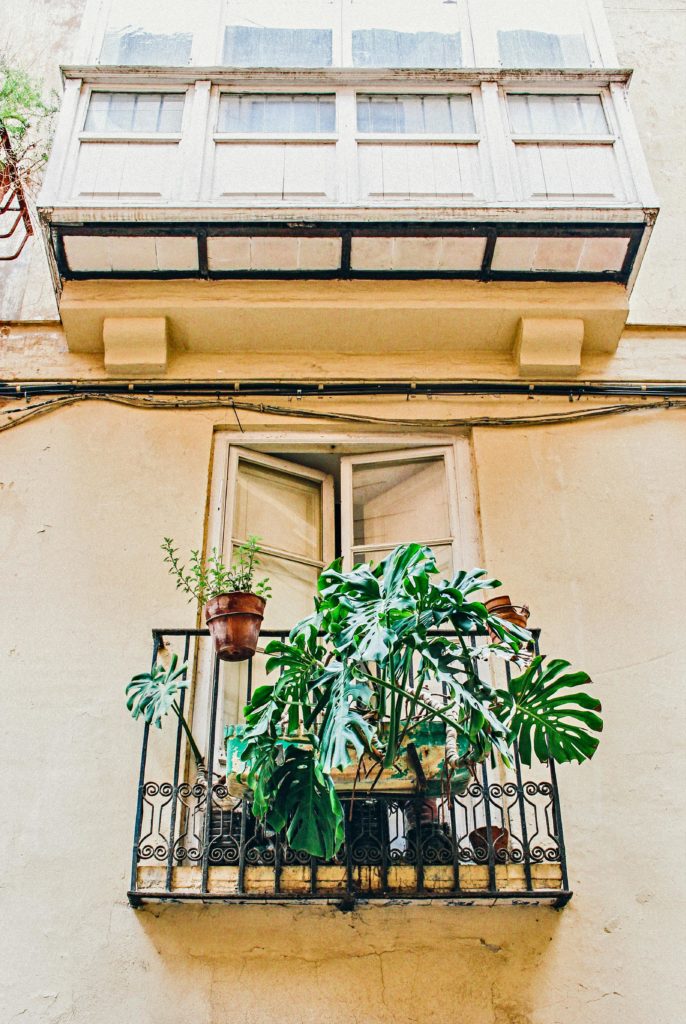1/ Respect the peace and quiet at night and limit noise pollution
Noise-related disputes are often one of the main sources of conflict between neighbors. They can be caused by music, overflow from parties or sometimes the lack of delicacy in slamming doors or regularly moving furniture noisily.
Geneva law states that excessive noise is prohibited at all hours. This rule must be followed more rigorously between 9pm and 7am. Indeed, there are some who believe that these should only be set up after dark. However, we all have an obligation to avoid excessive noise at any time of day. So everyone must take all necessary steps to reduce noise, whether it’s produced on the public highway or in the neighborhood.
As a tenant, you are responsible for maintaining the peace and quiet of the building. Of course, there’s nothing to stop you from having a party or carrying out work in your own home. However, it’s a good idea to let your neighbors know about your plans in advance, and discuss the most suitable times with them. For building work, we suggest you do the same if it is likely to affect the quality of life of your neighbors.
Dialogue is the best way to avoid damaging neighborly relations and to reach an agreement on everyone’s requirements. The regular crying of a newborn baby, for example, cannot be considered excessive noise. However, ball games or skating are activities that should not be appropriate in a home.
Here are just a few examples of nuisances that can be avoided :
- Heeled shoes in the apartment
- Door slamming
- Children jumping on the floor
- Ball games
- Do-it-yourself work and noise between 9 p.m. and 7 a.m.
- Excessive volume on televisions, radios, stereos, musical instruments…

2/ Recommendations for your pets
Make sure your pets don’t bother your neighbors. When it comes to pet care, education and cleanliness, you have a responsibility to avoid neighborhood disturbances. Often, in your absence, your pet can cause a major noise nuisance (barking). So don’t leave your 4-legged friend alone for too long in your apartment or on your balcony. If you encounter problems of this kind, there are a number of harmless anti-bark collars and training aids (air jets, water misting) that can sometimes prove to be a good solution.
On a daily basis, please ensure that your pets do not soil the common areas (paw prints, droppings). If they do, you are responsible for cleaning them up.
When you walk your dogs outside or in the communal areas, please keep them on a leash to ensure safety and respect for the common area.

3/ Respecting your neighbors also means being polite
It may seem obvious, but it’s not! Creating good neighborly relations involves very simple things that can accentuate or generate conflict. Saying hello when you see someone, holding the front door when someone comes up behind you or holding the elevator are all easy ways of developing a cordial relationship with the residents of your building. Courtesy is simple and within everyone’s reach!
4/ Keep common areas clean
Common areas (staircases, corridors, halls) are no place to deposit your garbage or cigarette butts. Containers and rooms are provided for this purpose. Nor should you clutter the common areas with your baby carriages, bicycles or other objects. Bicycle rooms and cellars allow you to store your belongings without disturbing your neighbors.
Your packaging, paper, etc. must be sorted and not thrown away in the communal areas or parking lots. Communal areas are also part of your home, and it’s up to residents to keep them clean. In the end, it’s all a question of common sense!
5/ Keep an eye on your balconies
Balconies and terraces are often in plain sight, which is why they should not be used as storage areas. It’s essential to take good care of your balcony, for example, by watering your plants to avoid spillage onto the balconies below or into your neighbors’ gardens in the middle of the day. In fact, make sure you water your plants preferably in the evening, to avoid the risk of watering passers-by too…
In short, you now have all the keys you need to be the ideal neighbor !
These few tips should help you avoid tension and maintain good neighborly relations on a daily basis.

We also invite you to consult the brochure “Bruit de voisinage” (“Neighborhood noise”) created by the Cercle Bruit, a group of cantonal noise protection officers, for all your noise-related questions.
Find all our articles in the actualités section of our website.

